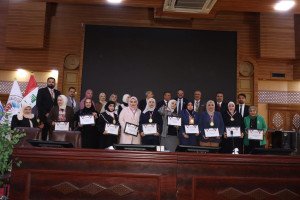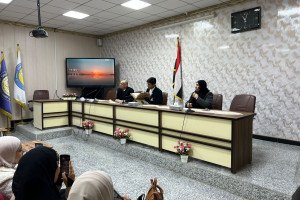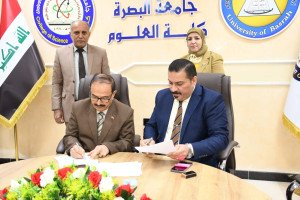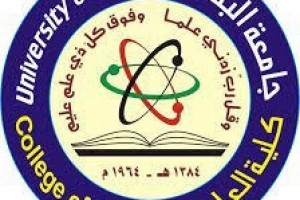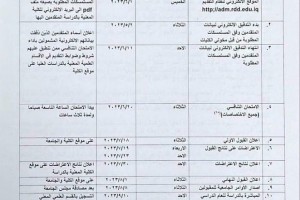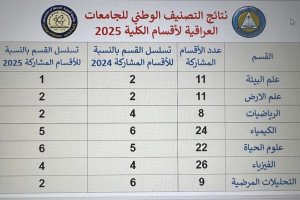
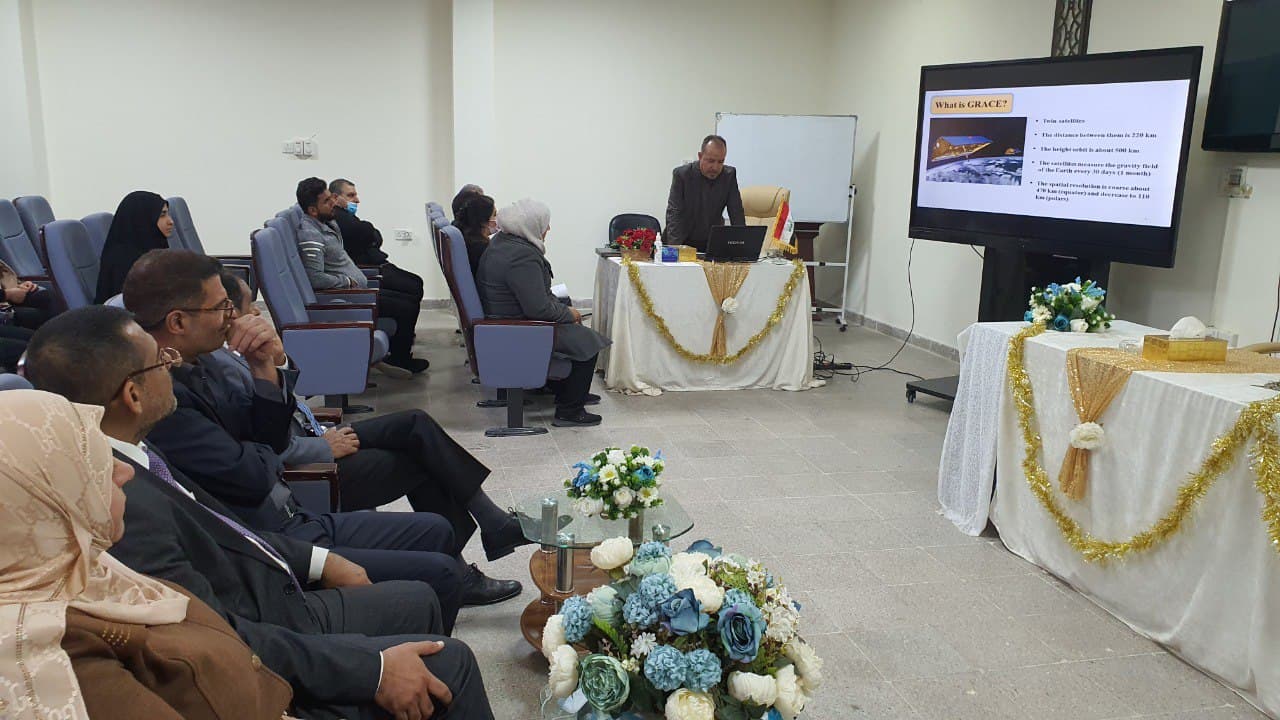
A seminar entitled (Using GRACE satellite data to study the sustainability of water resources in Iraq.). Hold at the College of Science, Geology Department. The presenter Jawad Ishtiwi Zghair demonstrates the most important objectives is to examine at Iraq's total terrestrial storage using GRACE satellite data, estimate the direction of terrestrial public storage using statistical approaches, and predict the direction of terrestrial storage using time series analysis and deep learning. (1) Downloading satellite data and performing basic procedures on it to prepare it for the next stage (2) assessing changes in total terrestrial storage spatially and temporally for the entire country of Iraq from 2002 to present (4) analyzing the long-term sustainability of terrestrial water using water system efficiency indicators such as reliability, flexibility, and sensitivity. The findings revealed a general trend of depletion of Iraq's terrestrial water storage in all parts of the country, particularly in the north, as a result of excessive use of groundwater for agricultural purposes, population growth, and climate changes, particularly temperature changes. The overall sustainability of terrestrial water storage is generally low, according to hydrological performance indicators, with southern Iraq faring better than northern Iraq. Other indicators revealed the same outcome. The study recommended that water resource be managed in a logical, integrated, and sustainable manner, with current resources protected and new resources produced, such as water reuse or rationalization.

